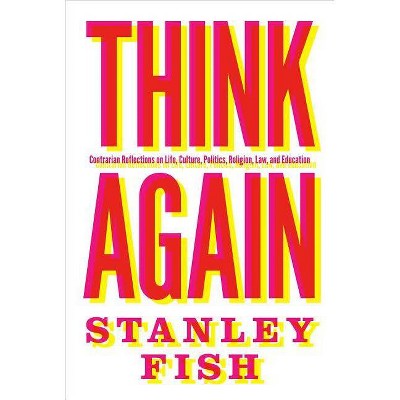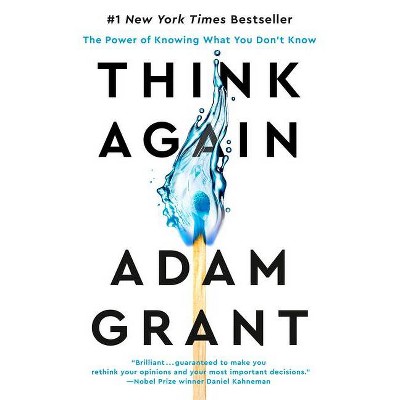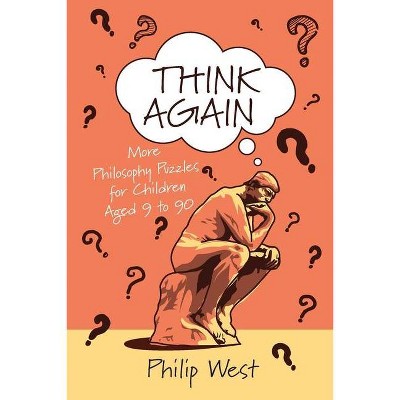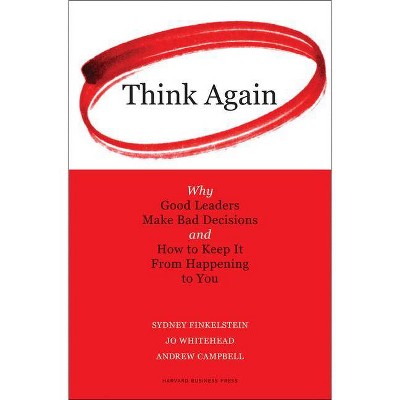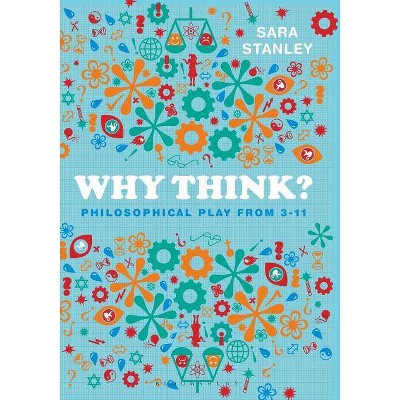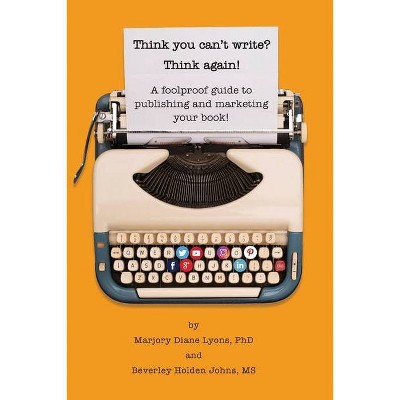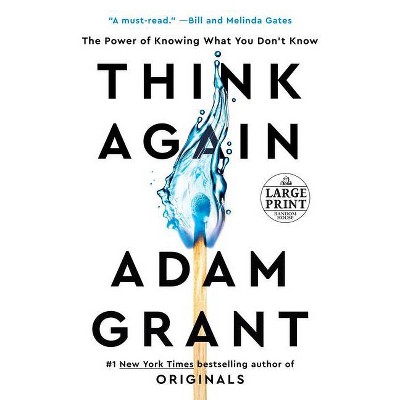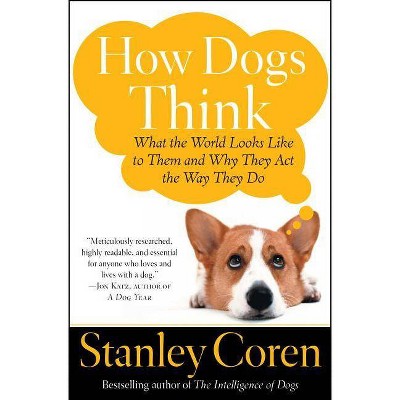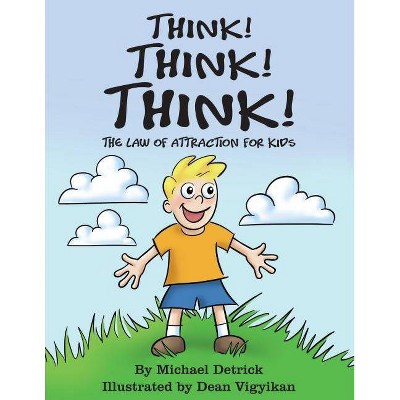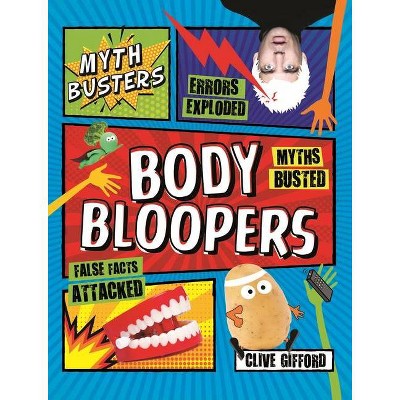Think Again - by Stanley Fish (Hardcover)
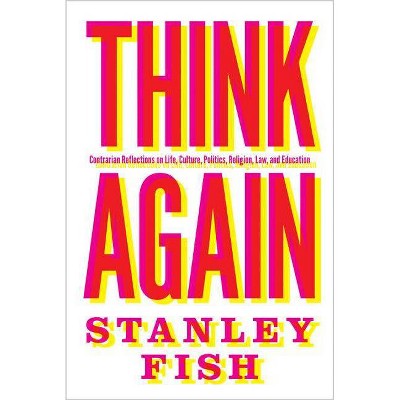
Similar Products
Products of same category from the store
AllProduct info
<p/><br></br><p><b> Book Synopsis </b></p></br></br><p>From 1995 to 2013, Stanley Fish's provocative <i>New York Times</i> columns consistently generated passionate discussion and debate. In <i>Think Again</i>, he has assembled almost one hundred of his best columns into a thematically arranged collection with a substantial new introduction that explains his intention in writing these pieces and offers an analysis of why they provoked so much reaction. <p/>Some readers reported being frustrated when they couldn't figure out where Fish, one of America's most influential thinkers, stood on the controversies he addressed in the essays--from atheism and affirmative action to plagiarism and postmodernism. But, as Fish says, that is the point. Opinions are cheap; you can get them anywhere. Instead of offering just another set of them, Fish analyzes and dissects the arguments put forth by different sides--in debates over free speech, identity politics, the gun lobby, and other hot-button topics--in order to explain how their arguments work or don't work. In short, these are essays that teach you not what to think but how to think more clearly. <p/>Brief and accessible yet challenging, these essays provide all the hard-edged intellectual, cultural, and political analysis one expects from Fish. At the same time, the collection includes a number of revealing and even poignant autobiographical essays in which, as Fish says, readers will learn about my anxieties, my aspirations, my eccentricities, my foibles, my father, and my obsessions--Frank Sinatra, Ted Williams, basketball, and Jews. Reflecting the wide-ranging interests of one of today's leading critics, this is Fish's broadest and most engaging book to date.</p><p/><br></br><p><b> From the Back Cover </b></p></br></br><p>"This collection of Stanley Fish's <i>New York Times</i> essays amounts to an intellectual autobiography of one of America's most interesting writers. As Fish says, his purpose isn't, as in most op-eds, to tell the reader what to think; rather, it's to illuminate Fish's view of how to think--and to shake readers out of their complacent assumptions about free speech, religion, academia, and other subjects."<b>--Linda Greenhouse, author of <i>The U.S. Supreme Court: A Very Short Introduction</i></b></p><p/><br></br><p><b> Review Quotes </b></p></br></br><br>We are rarely in doubt about what Fish intends; there is small danger of his ever saying nothing; and his thoughts continually encourage us to think again as the implications of what he has written expand variously.<b>---Brooke Horvath, <i>Rain Taxi</i></b><br><br><i>Think Again</i> is a memorable achievement, offering a standard of argument rarely published in media.-- "The Australian"<br><br>[Fish] covers so much ground so thoughtfully. Whether he is writing about French theory, religion, poetry, law, liberal education, or politics in upstate New York--where he tries hard to be just an ordinary guy (in his country home)--Fish is both stimulating and precise.-- "Chronicle of Higher Education"<br><br>Engaging, provocative, maddening, humorous, and insightful.-- "Arts Fuse"<br><br>Lucid, sinewy sentences lash, tickle, and caress.-- "Kirkus"<br><br>Stimulating.-- "Weekly Standard"<br><br>You are not obligated to agree with him and you are not obligated to like him, but if you care about the enlarging necessity of contest in cultural discourse, then you are obligated to read him, not with some magical 'open mind'--Fish has no patience for that concept--but with the full force of the mind you have.-- "New Republic"<br><p/><br></br><p><b> About the Author </b></p></br></br>Stanley Fish is the author of numerous books, including "How to Write a Sentence," "There's No Such Thing as Free Speech," and "Is There a Text in This Class?" His most recent book is "Versions of Academic Freedom." He is the Davidson-Kahn Distinguished University Professor and Professor of Law at Florida International University and the Visiting Floersheimer Professor of Law at Cardozo Law School. He previously taught at Berkeley, Johns Hopkins, Duke, and the University of Illinois, Chicago.
Price History
Cheapest price in the interval: 29.95 on November 8, 2021
Most expensive price in the interval: 29.95 on December 20, 2021
Price Archive shows prices from various stores, lets you see history and find the cheapest. There is no actual sale on the website. For all support, inquiry and suggestion messages communication@pricearchive.us
